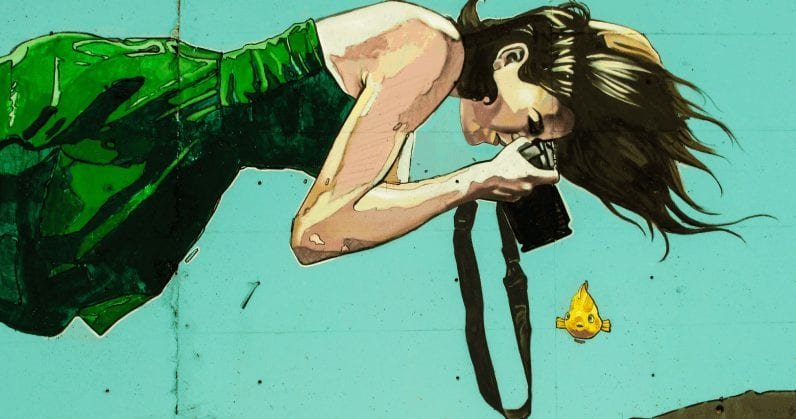Clicking A Photo Impairs One’s Ability to Remember the Subject

Photographs are used as a means of showing the world to others through the photographers’ eyes. However, the one clicking the picture might be changing their own memory of the subject, as per a new study.
Julia Soares and Benjamin Storm—the two researchers from the University of California, compiled their findings in the latest issue of the Journal of Applied Research in Memory and Cognition. The pair found a photo-taking-impairment that made the clicked objects rather harder to precisely remember by the photographer. Interestingly, the condition is even found in the images that were omitted prior to viewing.
The findings of these researchers were like those of another researcher—Linda Henkel. In Henkel’s study, she indicated that taking photos of paintings in a museum could lead to issues in precisely recalling the artwork.
In trying to make sense of the findings, she drew on research in transactive memory, a theory that indicates that longtime partners of friends may unintentionally be having shared memories of specific things or experiences. Rather than trying to store the complete memory, the brain transfers some burden to a trusted source it has shared the memory with. By such act the stored data is distributed between two parties, hence making a shared system of categories from each to drag out from when trying to remember the memory.
Also Read: Interviewer Told Taylor Swift Jokingly to Take a Shower
Henkel noted that the camera was the second party in this sharing and distribution system, clicking on an image before one’s mind has time to focus on the subject or store it to longer-term memory. The brain recognizes the camera distributing memory and hence devotes fewer resources to store it.
In the latest experiment conducted, Soares and Storm broke the test into two main categories—the ones who used the ephemeral photo-sharing application Snapchat for capturing the photo that would delete itself after twenty-four hours and another who manually deleted the photos after snapping them.
Both the groups displayed a “significant photo-taking impairment effect even though they did not expect to have access to the photos”.
The results as per Soares and Storm indicate that the offloading may not be the only or even the basic mechanism for photo-taking impairment.
Or in much simpler words, scientists have no clear idea that what results in causing memory to fail in human when they try to recall items they have photographed.
More Read: Saudi Arabia Passes Law to Criminalise Sexual Harassment
Research Snipers is currently covering all technology news including Google, Apple, Android, Xiaomi, Huawei, Samsung News, and More. Research Snipers has decade of experience in breaking technology news, covering latest trends in tech news, and recent developments.











